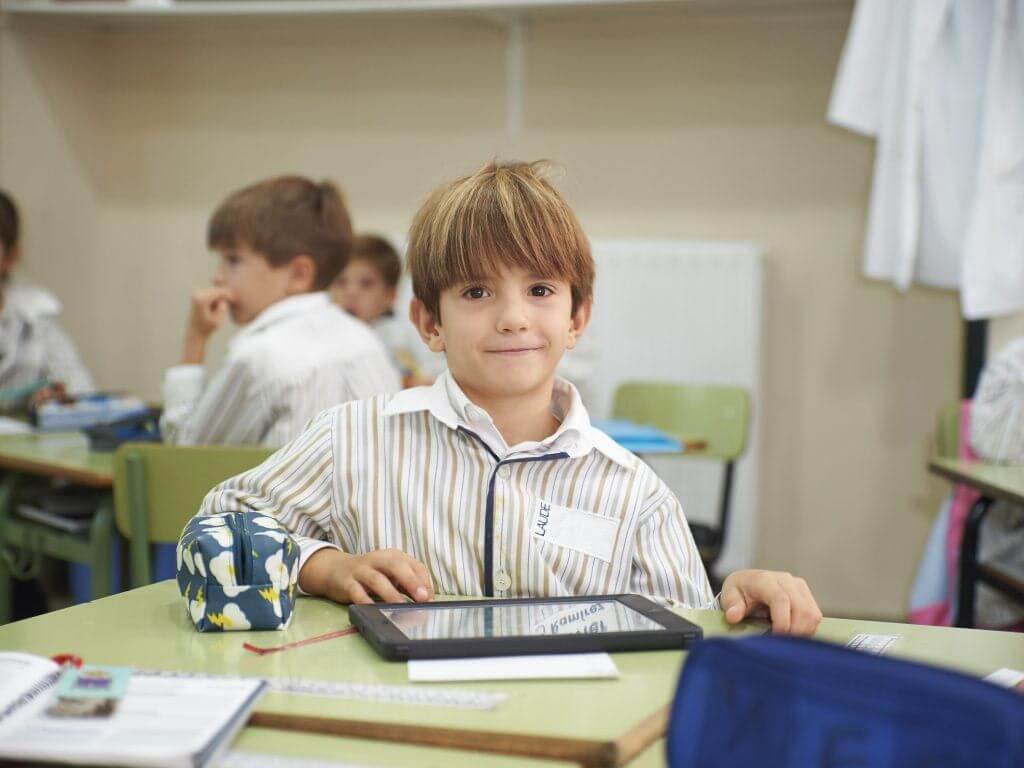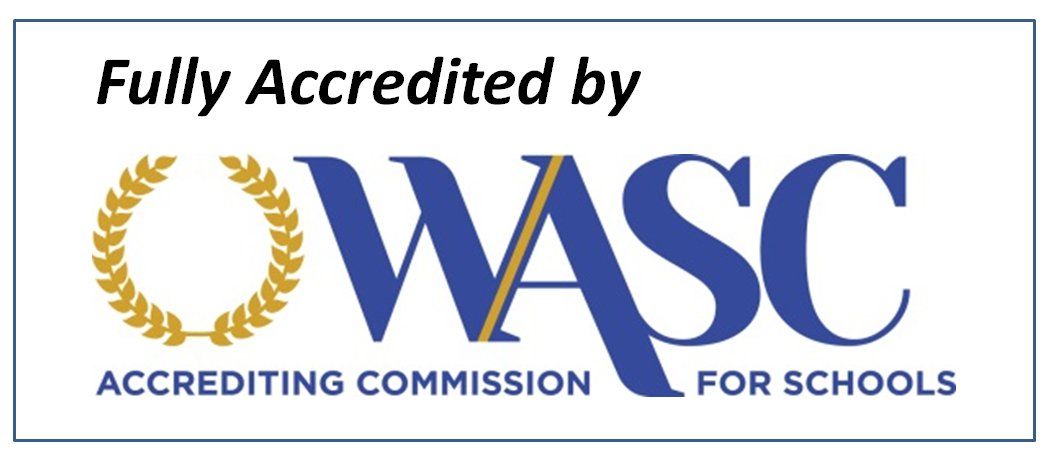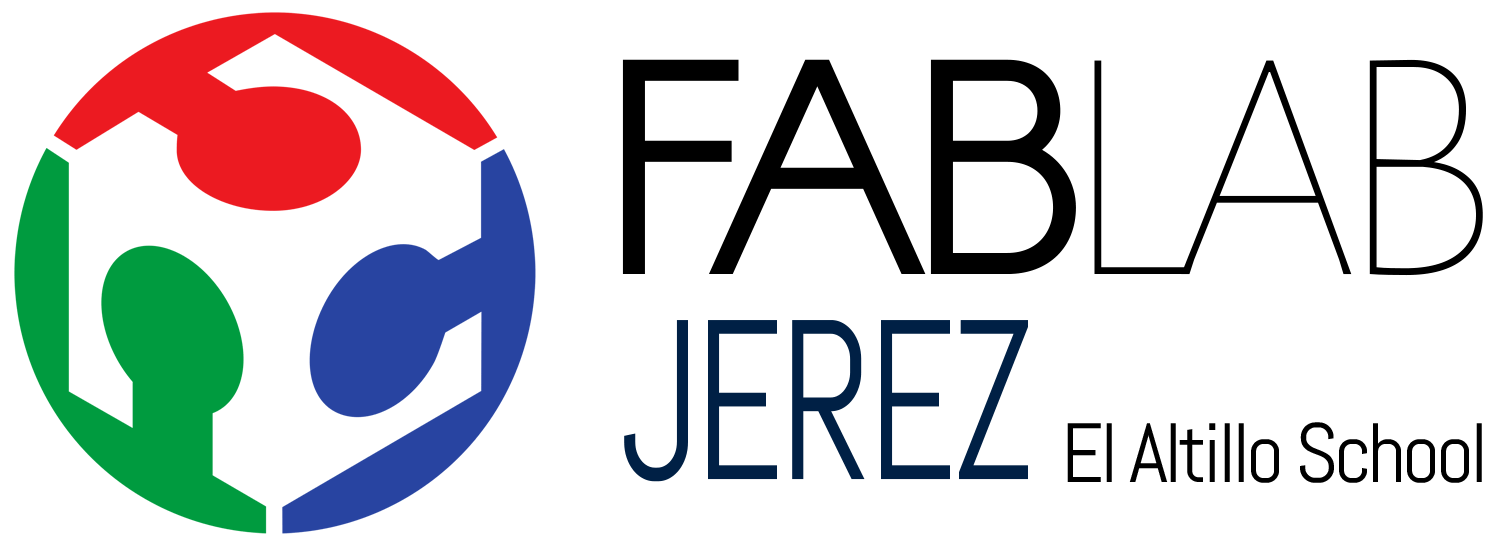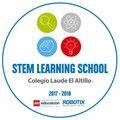Educational applications for primary school children
Educational apps for primary school children
Apps are much more than entertainment, nowadays there are all kinds of applications aimed at learning at any age, which allow us to learn from anywhere. Educational applications for primary school children are a very effective tool to awaken their interest, reinforce the memorisation of concepts and strengthen certain knowledge through the use of new technologies.
At Altillo International School we apply the use of digital media in the education of our students to help them improve their academic performance and encourage the responsible use of technology.
What are educational apps for primary school?
What we know as educational apps for primary school children are software platforms programmed to generate interactions with children between the ages of 6 and 12.
Educational apps encourage hands-on learning and, because they are game-based, they reinforce student interest and encourage good practice in the use of digital resources.
The apps can be downloaded to mobiles and tablets, so this educational resource is available anywhere. Currently, educational apps for primary school children are another alternative to expand their knowledge of certain aspects of primary school subjects.
Advantages of educational apps for primary school
- The use of apps motivates learning beyond the classroom.
- It teaches the importance of digital media for learning.
- It increases creativity and encourages pupils’ imagination.
- It integrates gamification processes, which serve to enhance the educational outcome of the apps.
- They go beyond passive learning processes, as the user must actively participate in the process.
- These types of applications attract the attention of primary school children for a longer period of time.
- The operation of the app can be adapted to the needs and level of each child.
- What is learnt through an app generates a very effective memory reinforcement.
10 apps for primary school children
There are currently all kinds of apps aimed at encouraging learning for children between the ages of 6 and 12, these are some of the most popular.
Nominis
Language reinforcement through apps is very effective, which is why there are many children’s applications focused precisely on improving the language skills of primary school students.
Nominis is an app that offers stories in English narrated by native speakers, so that children who are beginning to learn English can familiarise themselves with the language. In addition, each story has supporting graphic material.
Classdojo
This application is aimed at gamification in the classroom. Classdojo allows you to create interactive digital panels, generate avatars and keep track of competitions in the classroom.
For all those activities in which there is competition between groups, Classdojo facilitates the organisation and encourages learning through gamified activities.
Toontastic 3D
At El Altillo International School we know the advantages of letting our students’ imaginations run wild. Toontastic 3D is a very easy to use application, with which primary school students can create personalised stories, animate them and even create 3D models.
Toontastic 3D has templates so that primary school pupils can easily generate personalised stories.
Quick Brain
Not all applications focus on specific aspects of the curriculum; some, such as Quick Brain, help to improve certain skills that are then put into practice in the classroom.
The objective in this case is to improve skills related to mental arithmetic, the application has different levels, which can be used to encourage calculation.
Fun English
Among the most downloaded English apps is Fun English, an application for students between 3 and 10 years old, which allows them to expand their vocabulary through games.
One of the advantages of Fun English is that it includes game modes aimed at improving pronunciation, and you can also play in a group with several people connected at the same time.
Quizlet
Not all educational applications are aimed at direct use by students. Quizlet is an app for teachers and parents who want to encourage learning in a different way.
Quizlet creates flashcards and learning boards, which can be interacted with both at home and in the classroom.
Anatomy learning
This is a very specific application that helps children to understand the human body. Through 3D anatomical models, a student can discover all the parts of the body, identify them and understand their functions.
Duolingo Kids
Duolingo is one of the most downloaded language learning applications in the world, and it has a children’s version.
Duolingo Kid offers activities in English based on the student’s level, these exercises are fun and adapt to the student’s progress.
Castle Block
In this case, the Castle Block application allows you to create personalised castles and colour them, draw on them and modify the construction in a personalised way.
It is important to stimulate their imagination during the primary school years. Castle Block stimulates their creativity by building with blocks.
Loopimal
Another educational aspect that many apps focus on is music. Loopimal is an app that teaches children a sense of rhythm and harmonic sounds.
Through the funniest animals, children learn to create and recognise the basics of music.
The use of technology in the classroom and at home
At El Altillo International School we are aware of the importance that technology will have in the lives of our students, which is why all our educational programmes include the use of digital platforms.
One of our objectives is to encourage interest in technology, educating them in the importance of using these resources in a responsible way. Our students learn from primary school onwards to become familiar with digital platforms, and reinforce their academic results with this type of resource.












